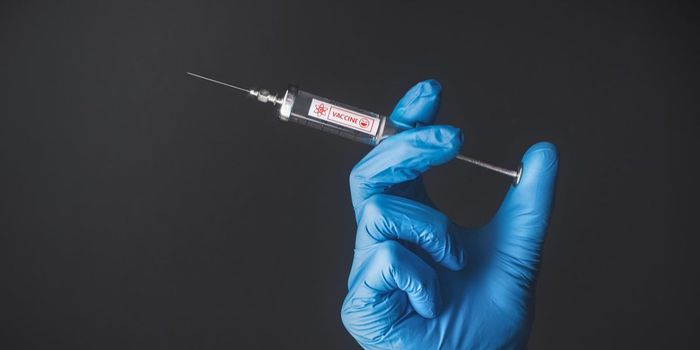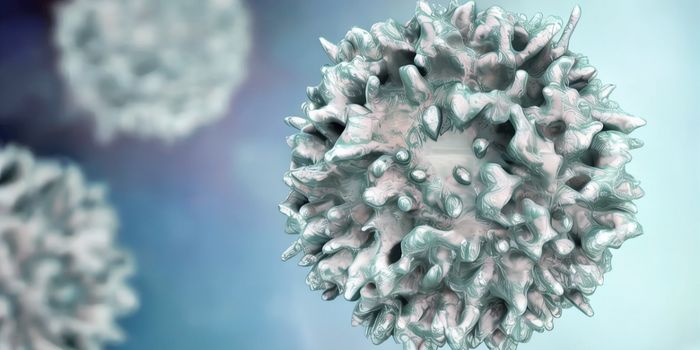University of Manchester scientists have identified a gene, FOXC1, that, if turned on, can cause more aggressive cancer in a fifth of acute myeloid leukemia (AML) patients, according to a Cancer Research UK study published in the journal Cancer Cell and reported in
Drug Discovery & Development.

The FOXC1 gene is normally turned on during embryonic development. It is needed to turn cells into specialized tissues, like the eyes, kidney, brain and bone, but this new research found that in certain patients with AML, a type of blood cancer that affects white blood cells and the bone marrow, this gene was wrongly turned on inside the patient’s cancer cells.
When it is turned on in blood cell tissue, FOXC1 stunts the development of blood cells and stops them from maturing into normal specialized blood cells. This condition causes the cancer to be more aggressive, because young cells are able to replicate more than mature cells. This, in turn, causes cancer cells to grow faster and become more difficult to treat.
About 2,900 people were diagnosed with AML in the UK in 2011. Of that number, around 20 per cent would have had the FOXC1 gene wrongly turned on in their cancer.
According to Dr Tim Somervaille, lead author from the Cancer Research UK Manchester Institute at The University of Manchester, “This is an important finding which helps us understand how acute myeloid leukemia develops and why some cases of AML are more aggressive than others. Here, instead of being faulty or mutated, this normal gene is turned on in the wrong place at the wrong time which makes the cancer grow more rapidly. There are certain situations where this gene is necessary, as in the development of the eye and skeleton before birth. But when it’s switched on in the wrong tissue, it causes
more aggressive forms of leukemia.”
Nell Barrie, senior science communication manager at Cancer Research UK, added, “It’s essential that we continue to research basic biology to further understand how cells become cancerous. In this study, identifying a specific gene behind more aggressive forms of acute myeloid leukemia could give clues for new ways to personalize treatments for select patients. The better we understand the nuts and bolts of each cancer, the sooner we can find new ways to stop it.”









